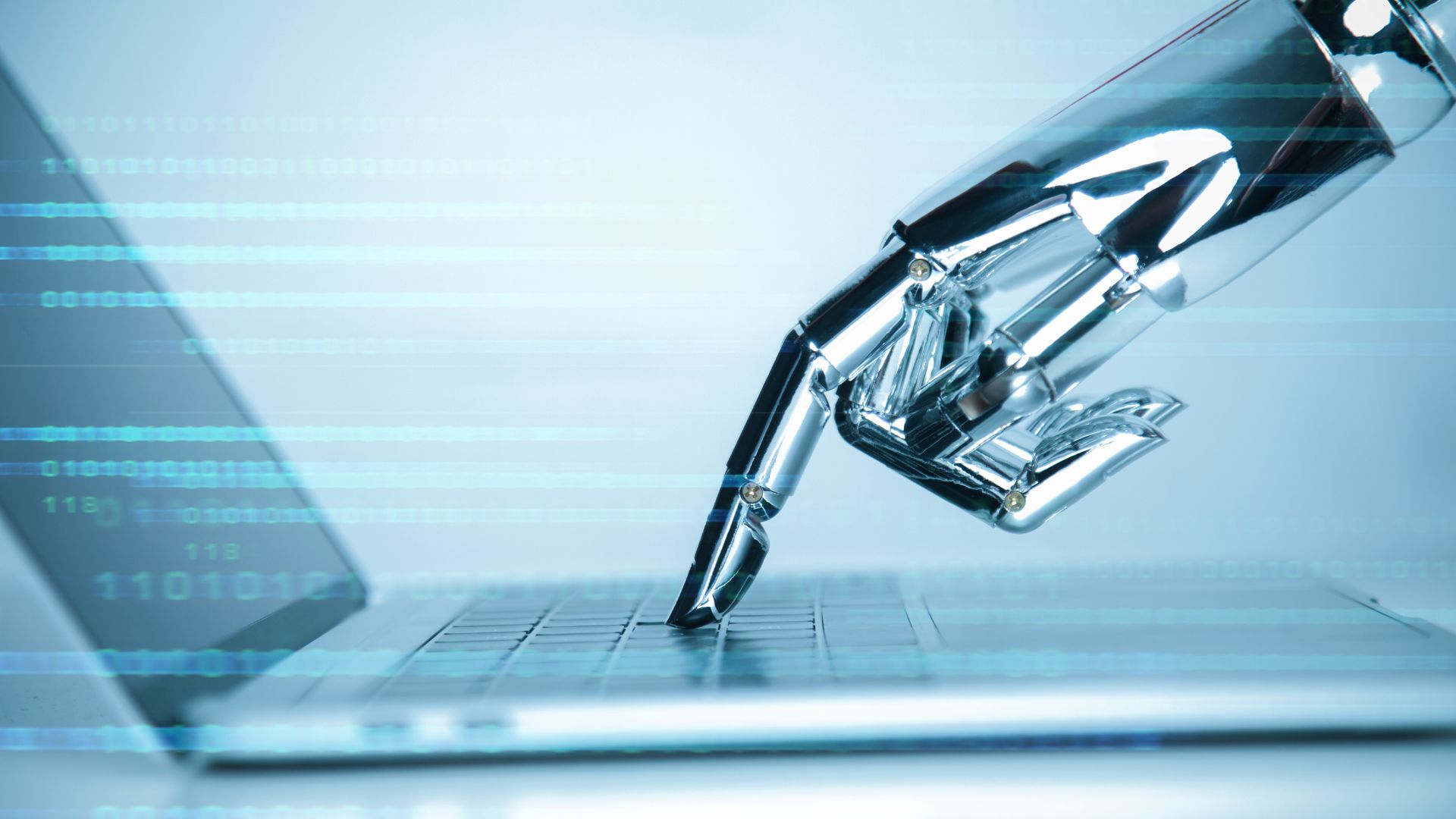In the legal field, confidentiality of information is paramount. Whether dealing with sensitive contracts, complex legal documents or international agreements, legal translation agencies must guarantee rigorous data protection at every stage of the translation process. With the emergence of artificial intelligence (AI) in this sector, agencies now benefit from more powerful tools and increased processing capacity. However, this technological revolution raises crucial questions in terms of security and confidentiality, two key issues for any legal professional.
Artificial intelligence in legal translation: an undeniable asset
Integrating AI into legal translation brings many advantages. Translation engines supported by machine learning algorithms can process vast volumes of text in record time. This significantly reduces the time needed to translate complex legal documents, while ensuring consistency of the terms used, particularly for precise legal concepts and legal nuances.
In addition, AI helps to improve the efficiency of work processes, by automating certain repetitive tasks, such as translating standard contractual clauses or recognizing recurring text patterns in legal documents. This automation frees up professional translators, enabling them to concentrate on the more complex and subtle aspects of documents, where human expertise remains irreplaceable.
However, despite these advantages, AI in legal translation poses a major challenge: the management and protection of sensitive information. Legal translation agencies need to ensure that the tools they use meet the highest standards of confidentiality and data security.
The risks inherent in using AI in legal translation
One of the major risks associated with the use of AI in legal translations is the possibility of data leakage or misuse. Many online machine translation tools work by sending data to external servers for analysis and processing. However, when these documents contain confidential information, such as contracts or legal opinions, it becomes vital to understand how this data is stored, processed and protected.
For example, some free machine translation platforms collect user data to improve their algorithms, which can potentially expose sensitive information to third parties. A legal translation agency must avoid such insecure tools, as a data leak could have serious legal and financial consequences for their clients.
Compliance with regulations, such as the General Data Protection Regulation (GDPR) in Europe, is another crucial aspect to consider. The RGPD imposes strict obligations regarding the management and protection of personal data. Any breach of these rules can result in substantial fines and tarnish a translation agency's reputation. It is therefore essential for a legal translation agency to choose AI tools that comply with these standards to ensure optimal data protection.
How can legal translation agencies guarantee confidentiality?
To meet this challenge, legal translation agencies need to adopt strict, proactive measures to protect their clients' data while leveraging the benefits of AI. Here are some concrete solutions:
- Use in-house solutions or on private servers: Instead of using online machine translation platforms, agencies can opt for artificial intelligence solutions hosted locally or on secure private servers. This enables them to retain full control over their data, avoiding it passing through unsecured external servers.
- Data encryption: When using AI tools, it's crucial to ensure that all data is encrypted, both during transfer and processing. Encryption ensures that even if data is intercepted, it cannot be read or exploited by unauthorized third parties.
- Training teams on AI risks: Training translators and technical teams is essential to ensure safe and effective use of AI tools. They need to understand privacy risks and know how to use the tools without compromising data security.
- Working with certified AI providers: It's essential to work with certified AI solution providers, who comply with privacy regulations and offer solid data protection guarantees. This includes regular audits of systems and processes to ensure their security.
The future of artificial intelligence in legal translation agencies
Artificial intelligence is set to play an increasingly important role in legal translation. By optimizing work processes, improving translation accuracy and reducing turnaround times, it enables agencies to remain competitive in a constantly evolving market. However, these technological advances must not be achieved at the expense of data confidentiality.
At Legal 230, a specialist legal translation agency, we have taken a proactive approach to integrating artificial intelligence technologies while ensuring optimum security for sensitive information.
It's important to remember that, despite its many advantages, artificial intelligence can never replace human intervention in the legal translation process. The subtleties of language, nuanced interpretations of legal terms and contextual knowledge are aspects that only human expertise can truly master. AI, while effective in automating certain tasks and processing large quantities of text, remains a tool to assist translators, not a substitute for them.
Collaboration between human and machine ensures the highest possible quality. Artificial intelligence delivers unrivalled efficiency and speed, while professional translators contribute their critical sense, legal expertise and ability to understand the unique context of each document.
The future of AI in legal translation is promising, but it will depend on agencies' ability to integrate technological tools while respecting strict confidentiality requirements. For customers, this means being able to enjoy the benefits of AI without compromising on information protection and still relying on human expertise to ensure the final quality. Contact us today to discuss your legalization needs.

